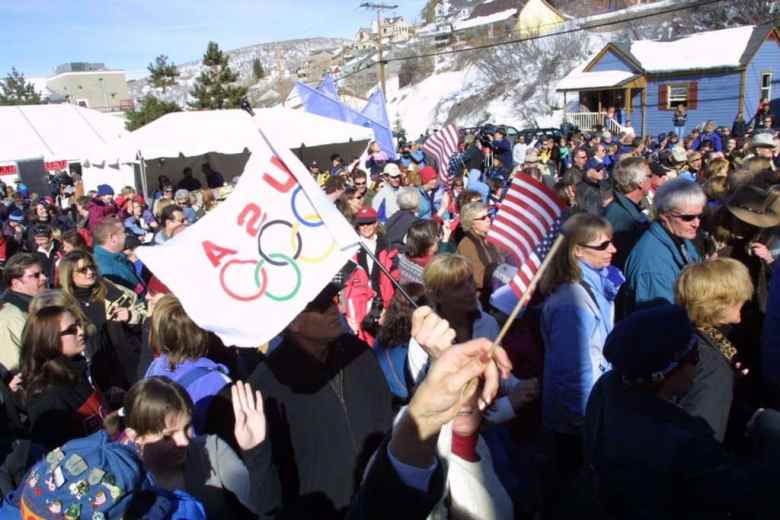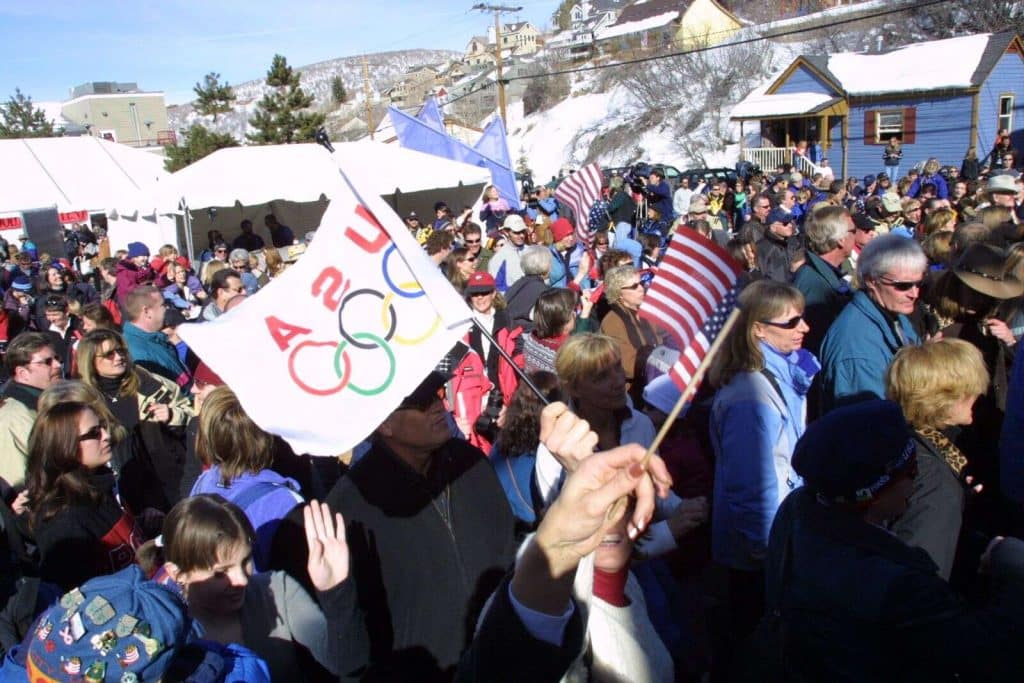
A figure in the state’s efforts to host a second Winter Olympics on Tuesday told Park City leaders any eventual organizing committee that puts on a Games intends to make a financial commitment to City Hall to cover certain costs associated with the event.
Colin Hilton, who serves on the board of directors of the Salt Lake City-Utah Committee for the Games, was part of a delegation from the committee that appeared before Mayor Nann Worel and the Park City Council as the elected officials considered a guarantee letter related to the Olympic work.
The City Council approved the guarantee letter on a unanimous vote. The letter essentially outlines City Hall steps that would assist in the staging of a Games.
Hilton indicated any future organizing committee would negotiate with City Hall leaders to cover what were described as municipal costs associated with elevated levels of service necessary for the event.
Hilton is also the president and CEO of the Utah Olympic Legacy Foundation and served in a high-level role in the 2002 Winter Olympic organizing committee. His work with the previous organizing committee gives Hilton unique background about Games finances and the agreements between an organizing committee and local governments like the ones that would be negotiated if an Olympics is awarded.
Hilton recalled working with Park City leaders of the earlier Olympic era in the years before the Games of 2002, explaining the sides reached an agreement regarding payment for elevated levels of municipal services. Hilton said the agreement for the Games in 2002 was pegged at approximately $250,000. He said an agreement for a future Games would be expected to be reached three or four years prior to the event.
The discussion did not involve detailed dollar figures, and those would likely not be settled until the sides are ready to finalize an agreement. The remarks instead were designed to be a broad outline of what sort of formal relationship may ultimately exist between City Hall and an organizing committee should a Games be awarded to Salt Lake City.
Hilton also said Games-related public safety finances would be anticipated to be part of the broad effort to protect an Olympics. He said a unified command like the one in place for the Games in 2002 would be created. The federal government typically provides those funds, he said.
The elected officials and the Salt Lake City-Utah Committee for the Games did not hold a lengthy discussion about the guarantee letter. Hilton told the mayor and City Council the International Olympic Committee desires such statements.
“The IOC really just wants to see that the region is committed to providing safety and services that normally help make sure the snow is removed and the roads are useable and accessibility law is abided by,” he said.
City Councilor Max Doilney described the guarantee letter as “just one more step in the process and I’m fully supportive of anything we can do to help, because it’s such a cool mission to have as a community, to . . . welcome the world.”
“The first time the Olympics Games came here we were trying to showcase that we existed and I think this time we have an opportunity to showcase that we know how to do it really well and potentially change the game in terms of how’s it done going forward,” he said.
Salt Lake City and the wider region are seeking to host a second Olympics as early as the 2030 edition. It is not clear when the IOC will make a selection, but the state is seen as a top contender for the Games of 2030 or those of four years later.
The Park City area would have an outsized role in a Games, as was the case in 2002. Three major competition venues – Park City Mountain, Deer Valley Resort and the Utah Olympic Park – are identified on the concept map for a Games. Park City would also be critical to the transportation, security and celebration planning.

